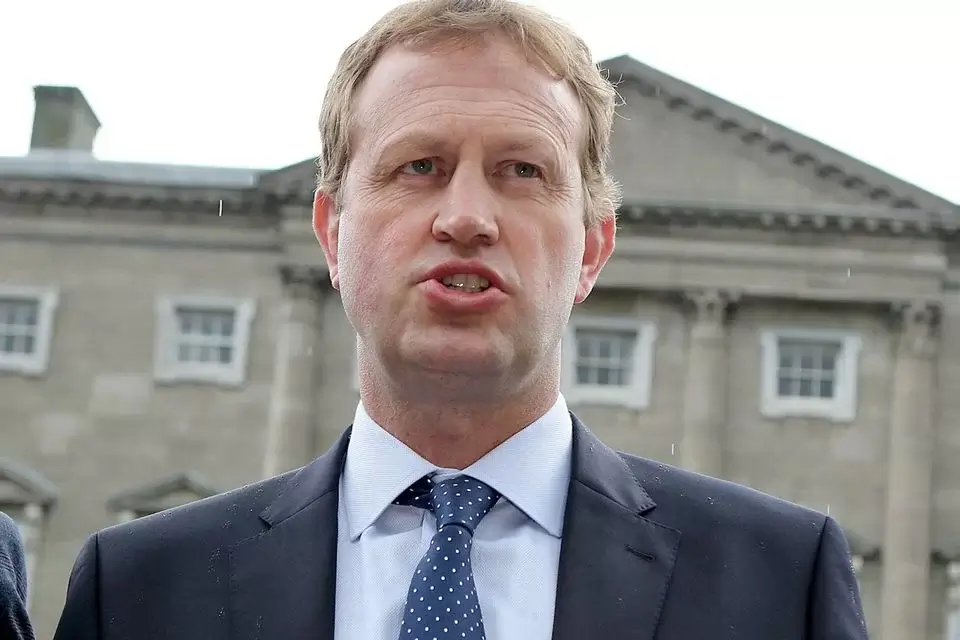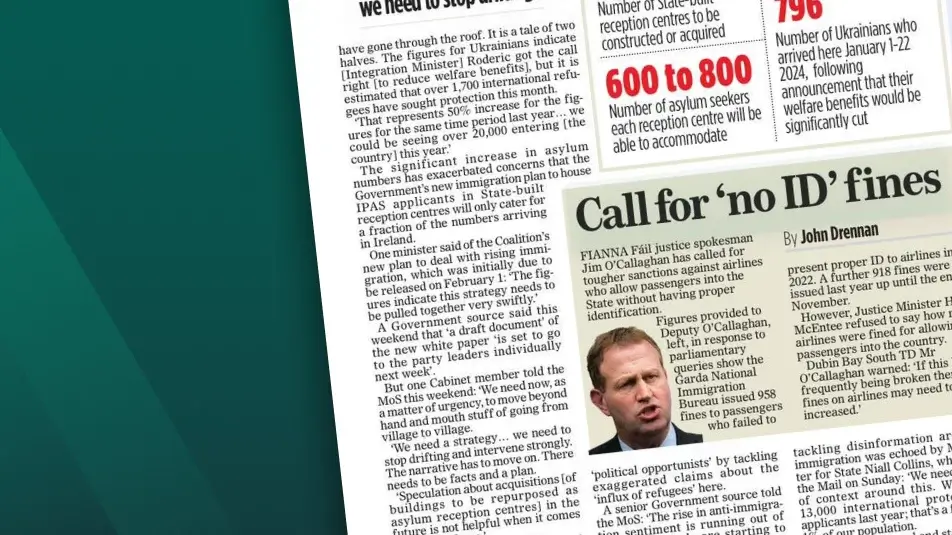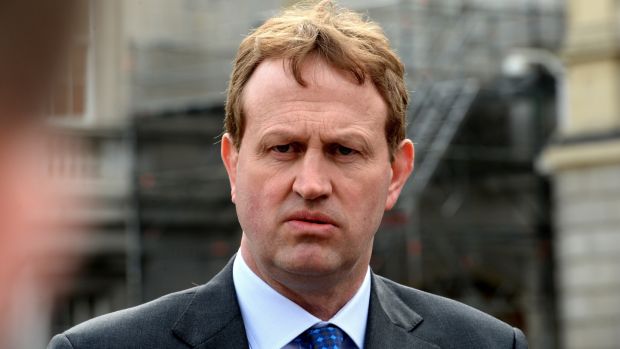The President’s reference of the Judicial Appointments Commission Bill to the Supreme Court is only the 16th time it has happened since the Constitution came into operation in 1937.
Alongside the power to refuse a dissolution of Dáil Éireann, the power to refer a bill to the Supreme Court is one of two significant political powers held by the President.
President Higgins’ reference requires the Supreme Court to consider whether the bill, which seeks to overhaul the process for appointing judges, is repugnant to the Constitution.
Before considering the contentious aspects of the bill, it is first important to understand what the Constitution says about the appointment of judges.
Although Article 35 provides that judges shall be appointed by the President, Article 13 qualifies this power by stating that this and other powers conferred on the President by the Constitution “shall be exercisable and performable by him only on the advice of the Government”.
It distinguishes these powers from other powers that are exercisable by the President in his absolute discretion or after consultation with the Council of State or on the advice or nomination of any other person or body.
The referred bill proposes the establishment of a new statutory body, to be known as the Judicial Appointments Commission, that will recommend to the Minister for Justice eligible candidates for judicial office.
The bill provides that in advising the President in relation to the appointment of an eligible person to a judicial office, the government shall only consider for appointment those persons who have been recommended by the commission.
Accordingly, the commission, a creation of the legislature, will recommend candidates to the Minister for Justice; and the government when advising the President on who should be appointed will only be allowed to advise for appointment those recommended by the commission.
The system that operates at present is that the Judicial Appointments Advisory Board makes recommendations to the minister, and government is then required to first consider for appointment those recommended.
The difference is that under the new provision, the government can only advise the President to appoint persons approved by the new commission. What is a recommendation under the current system will become a direction under the proposed new system.
The real significance of the proposed change, however, is the restriction that will be imposed on government as to who cannot be appointed as opposed to who can be appointed. If an eligible candidate is not on the commission’s list, government cannot advise the President to appoint that candidate.
Those who say the bill is unconstitutional will contend that this change constitutes an impermissible interference in the constitutional right of the government to advise on the appointment of judges.
They will also argue that the legislature has encroached on powers belonging to the executive branch by giving power to the commission, a creation of the legislature, to decide which eligible candidates can and cannot be appointed as judges.
It will be suggested that if the legislature can establish a body that can restrict government in advising which eligible candidates can be appointed to judicial office, including judges being appointed to higher judicial offices, then further restrictions on the advice to be provided by government to the President could also be imposed by the legislature. The greater the legislative restrictions, the less likely the advice to the President can be accurately described as the advice of government.
The argument in favour of constitutionality has the advantage that the bill enjoys the presumption of constitutionality. This argument will also highlight that the restriction in Article 13 should be read as a restriction on the President, not the government; and that the government is entitled to set up a statutory framework in order to improve the advice it is required to give the President on such an important issue. Although the Constitution does not expressly state that the appointment of judges may be regulated in accordance with law, it will be contended that implicit in the power of the government to confer advice is the entitlement to formulate that advice within a statutory framework.
No one can be certain how the Supreme Court will interpret the constitutionality of any legislation. However, our constitutional architecture is clear and vests legal responsibility for the appointment of judges, although formally fulfilled by the President, in the government. If the legislature can block government from appointing a favoured eligible person, then there appears no reason why further restrictions on government could not be imposed by the legislature. This suggests that there is no limit to the role that the legislature can play in an appointment process in which, under the Constitution, it has no role. In short, the legislature could make the role of the government in appointing judges as much of a formality as that of the President.
It would be a brave person who will predict the Supreme Court’s decision but this is a reference and problem that could and should have been avoided by simply amending section 51 of the bill to require government to first consider, rather than only consider, the names recommended by the commission.
The drafters of our Constitution deserve credit for devising a process for judicial appointments that has operated very successfully and has provided the country with a fiercely independent judiciary. We should be careful about transferring ultimate responsibility for that process from an elected and accountable government to an unelected and unaccountable statutory body.







